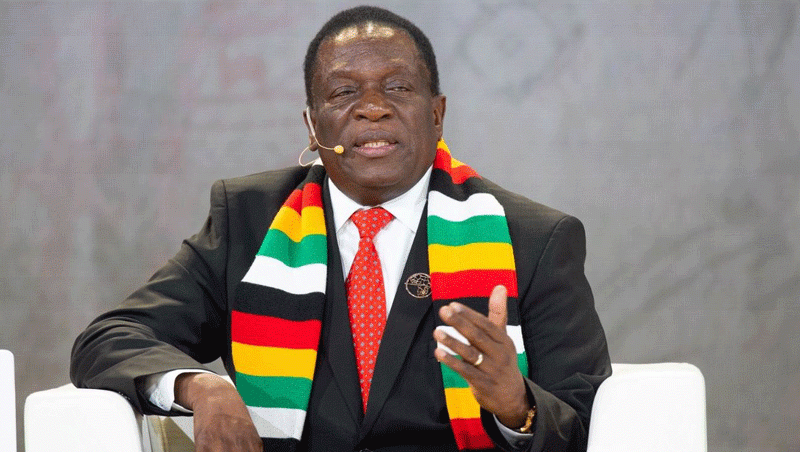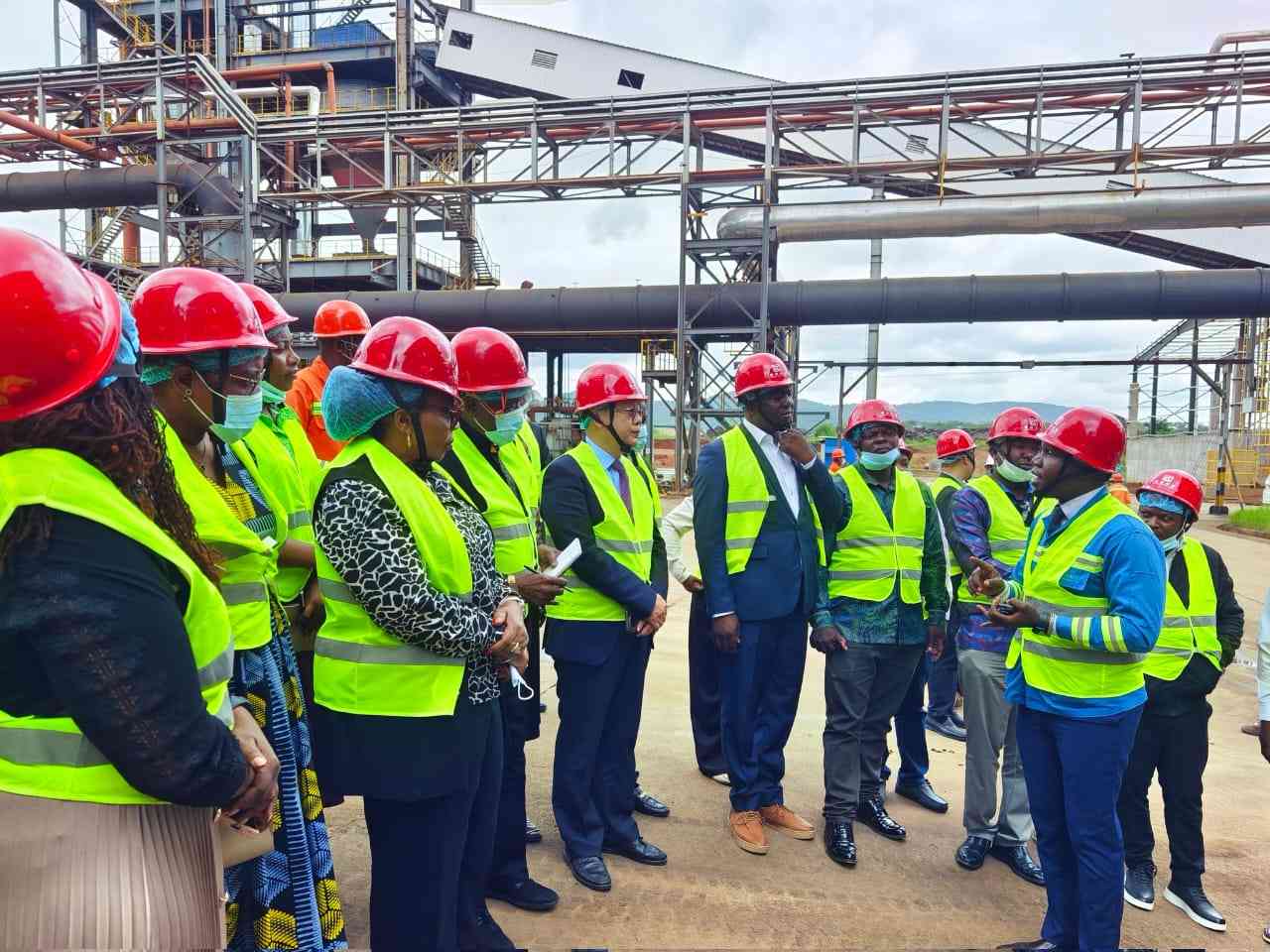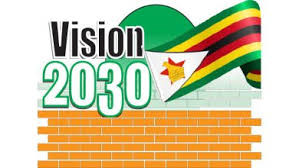
LAST week, President Emmerson Mnangagwa issued out just below 300 title deeds to some residents of Epworth, a slum in eastern Harare as part of his empowerment projects to the citizens. However, the process is opaque and seems only meant to woo votes ahead of August elections.
The title deeds for people who reside in irregular settlements is a novelty. It first came up last year in February when Mnangagwa was campaigning for Zanu PF candidate Zalerah Makari during the Epworth by-elections. It seems the promise bore fruit as Makari eventually won the National Assembly vote.
Some bit of history may be necessary so that all can be clear how we got here. Epworth is a missionary outpost that was invaded by the landless in the 1970s. It developed into an informal settlement and the government late in the 1990s gave it a local board status, a status that starts the process of getting the settlement into a satellite town in Harare.
It is informal because the whole missionary area has one mother title deed, owned by the church. Secondly, the housing developments were done without any physical plans, any layout plans and the houses were not inspected for their suitability for human habitation by any local authority. There are no roads, no water and sewer connection system.
Let us look at the current illegal settlements problem from a macro-level standpoint. Zimbabwe has had illegal settlements since independence. In the euphoria of independence, many urban development laws and regulations were not enforced.
In fact, they were relaxed. Many people could start building without having approved plans or allocated stands in areas reserved for housing projects. There was no on-site and off-site infrastructure. On-site infrastructure refers to water, roads and electricity connections. Off-site infrastructure refers to sewer reticulation systems including water treatment works.
Harare had Churu Farm, Harare South developments and Caledonia in Mabvuku. Chitungwiza has developments like Nyatsime, Jambanja, Chigumba and the urbanisation of Seke communal lands like Mayambara, Ziko and Dema. All in all, these settlements have approximately 200 000 households. And they all do not have on-site and off-site infrastructure. In itself, this is a recipe for disaster in case there is a disease outbreak like cholera or typhoid.
It is a fact that the capital city has experienced medieval diseases like cholera and typhoid twice in the last 15 years, claiming thousands of lives. Zimbabweans are aware that in 2006, government engaged in Operation Murambatsvina, an operation that was to get rid of all illegal settlements across the country.
- Corruption Watch: Get scared, 2023 is coming
- Corruption Watch: Get scared, 2023 is coming
- Letters: Ensuring Africa’s food security through availability of quality seeds
- Is military's involvement in politics compatible with democracy?
Keep Reading
The United Nations report by Anna Taibajuka said that nearly a million people were left homeless in the operation that was carried out in the middle of the winter season. Then the same Zanu PF government was preaching the rule of law.
However, the political truth is Operation Murambatsvina was done as punishment to people in urban areas for not voting Zanu PF in both the 2000 and 2005 general elections. Secondly, as the political temperatures rose, Zanu PF was afraid of mass uprisings in urban centres that could topple it, hence the operation was a pre-emptive move.
Operation Murambatsvina also added to the problem of Epworth. Some people whose houses had been demolished moved to Epworth to restart on another informal settlement, but this time away from Harare which had a local authority.
While at face value Mnangagwa may seem to be caring about empowering the vulnerable by giving them title to land they never bought in the first place, this is not on. Mnangagwa is seeking votes in urban areas, hence the moratorium on demolition of illegal structures in return for votes in urban areas and therefore discard the tag that Zanu PF is a rural-party.
If Mnangagwa cares so much about the vulnerable in urban areas, why has he not deliberately given title deeds to all urban poor in regular housing estates like Pelandaba, Mbare, Highfields, Mtapa, Sakubva, Vengere, Gaza, Mucheke, Chikonohono or Chikangwe? The reason is simple, these voters have semi-protection by lease agreements they have with local authorities or the home ownership granted soon after independence.
Mnangagwa is giving title deeds without following the legal procedures such as having design and layouts for the developments. The land still remains on a single mother deed because no subdivision or change of use was ever legally done.
In other words, by deliberately bending the law Mnangagwa is reminding the poor in Epworth that if they don’t vote Zanu PF and he wins by a rural vote, he can arbitrarily take the deeds away just as he gave them.
Since Mnangagwa has started this window-dressing empowerment project, Parliament should demand from the Local Government minister a clear blue-print of the giving away of title deeds across the country.
The ministerial statement should have a benchmarked timeline on when all high-density suburbs where people have leases will get their title deeds. It is conceivable hunch to say that there is no such a plan, but this is an ad hoc process meant to hoodwink the urban electorate.
Perhaps, Mnangagwa has given the citizens a platform to start candidly talking about social and economic justice and equality across the country. A platform to demand title deeds too for everyone if this is a genuine national policy. It is time to call Mnangagwa the bluff and see if he delivers, but my bet is he will baulk and offer excuses.
- Paidamoyo Muzulu is a journalist based in Harare. He writes here in his personal capacity.











